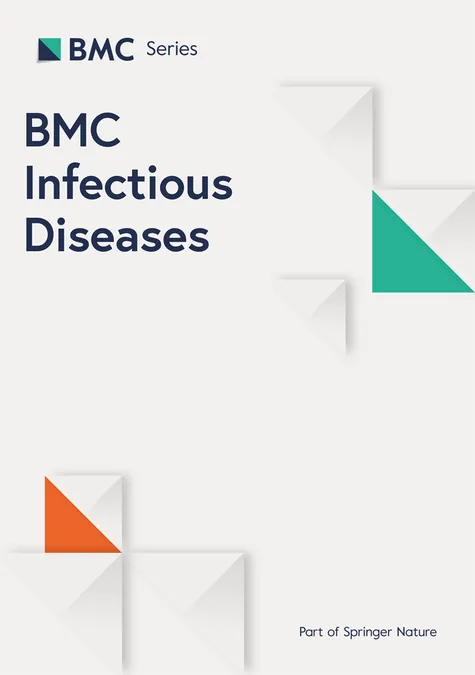
Shocking Link Revealed: Maternal Influenza Infection Increases Childhood Seizure Risk!
2024-09-25
Groundbreaking Findings on Maternal Health and Childhood Seizures
A groundbreaking study published in JAMA Network Open has revealed alarming findings concerning maternal health during pregnancy and its impact on children's neurological well-being. The study indicates that maternal influenza infections significantly increase the risk of childhood seizures, underscoring the critical importance of safeguarding maternal health during pregnancy.
Understanding the Risk of Seizures in Children
Seizures, which can lead to drastic alterations in movement, behavior, and consciousness, are particularly common among children under the age of six, with febrile seizures being the most frequently diagnosed neurological condition in this age group. Researchers suggest that environmental stressors, including maternal infections, when experienced during critical periods of fetal development, may have profound consequences on the child’s health.
Previous Research and Gaps in Data
While prior studies have established a link between maternal bacterial infections and neurological issues in offspring, this specific connection with influenza has primarily been documented in Western countries, leaving a significant gap in data for East Asian populations.
The Benefits of Maternal Influenza Vaccination
Interestingly, the study highlights the benefits of influenza vaccination during pregnancy. A prospective test-negative study revealed that infants of vaccinated mothers were better protected against influenza, with only 26.8% of these infants testing positive for the virus—a stark contrast to the evidence surrounding unvaccinated mothers. Moreover, vaccination rates differed notably: 28.6% of mothers with positive influenza cases were vaccinated, compared to 38.3% among mothers who tested negative.
Nationwide Cohort Study in Taiwan
To further investigate the relationship between maternal influenza infection and childhood seizures, researchers conducted a massive nationwide cohort study in Taiwan, analyzing data obtained from the Maternal and Child Health Database. The study encompassed a considerable sample of 1,316,107 mother-offspring pairs tracked over several years, providing a robust set of data for analysis.
Study Results and Implications
Results indicated that infants born to mothers who contracted influenza during pregnancy had a higher incidence of seizures: 3.2% compared to the control group. The heightened risk was notably significant for febrile convulsions, while the risk of developing epilepsy itself did not show a similar increase.
Adjusted Hazard Ratios for Seizures
After adjusting for various factors, including maternal age, delivery method, and birth weight, the study found that the adjusted hazard ratios for seizures in the influenza group were 1.09 overall, climbing to 1.11 for febrile convulsions specifically. This pointed to a direct correlation between maternal influenza infections and an increased likelihood of seizures in children.
Call for Further Research and Public Health Awareness
The findings underscore a pressing need for further research to unravel the underlying mechanisms that contribute to childhood neurological development, particularly in relation to maternal health. Researchers are calling for increased public health awareness around maternal influenza vaccination as a crucial preventive measure.
Conclusion: Protecting Maternal Health for Healthier Babies
The study serves as a wake-up call for expectant mothers: protecting your health during pregnancy could have lasting effects on your child's future! Health authorities advocate that pregnant women receive the influenza vaccination as part of their prenatal care to mitigate these risks and promote healthier pregnancies.





 Brasil (PT)
Brasil (PT)
 Canada (EN)
Canada (EN)
 Chile (ES)
Chile (ES)
 España (ES)
España (ES)
 France (FR)
France (FR)
 Hong Kong (EN)
Hong Kong (EN)
 Italia (IT)
Italia (IT)
 日本 (JA)
日本 (JA)
 Magyarország (HU)
Magyarország (HU)
 Norge (NO)
Norge (NO)
 Polska (PL)
Polska (PL)
 Schweiz (DE)
Schweiz (DE)
 Singapore (EN)
Singapore (EN)
 Sverige (SV)
Sverige (SV)
 Suomi (FI)
Suomi (FI)
 Türkiye (TR)
Türkiye (TR)